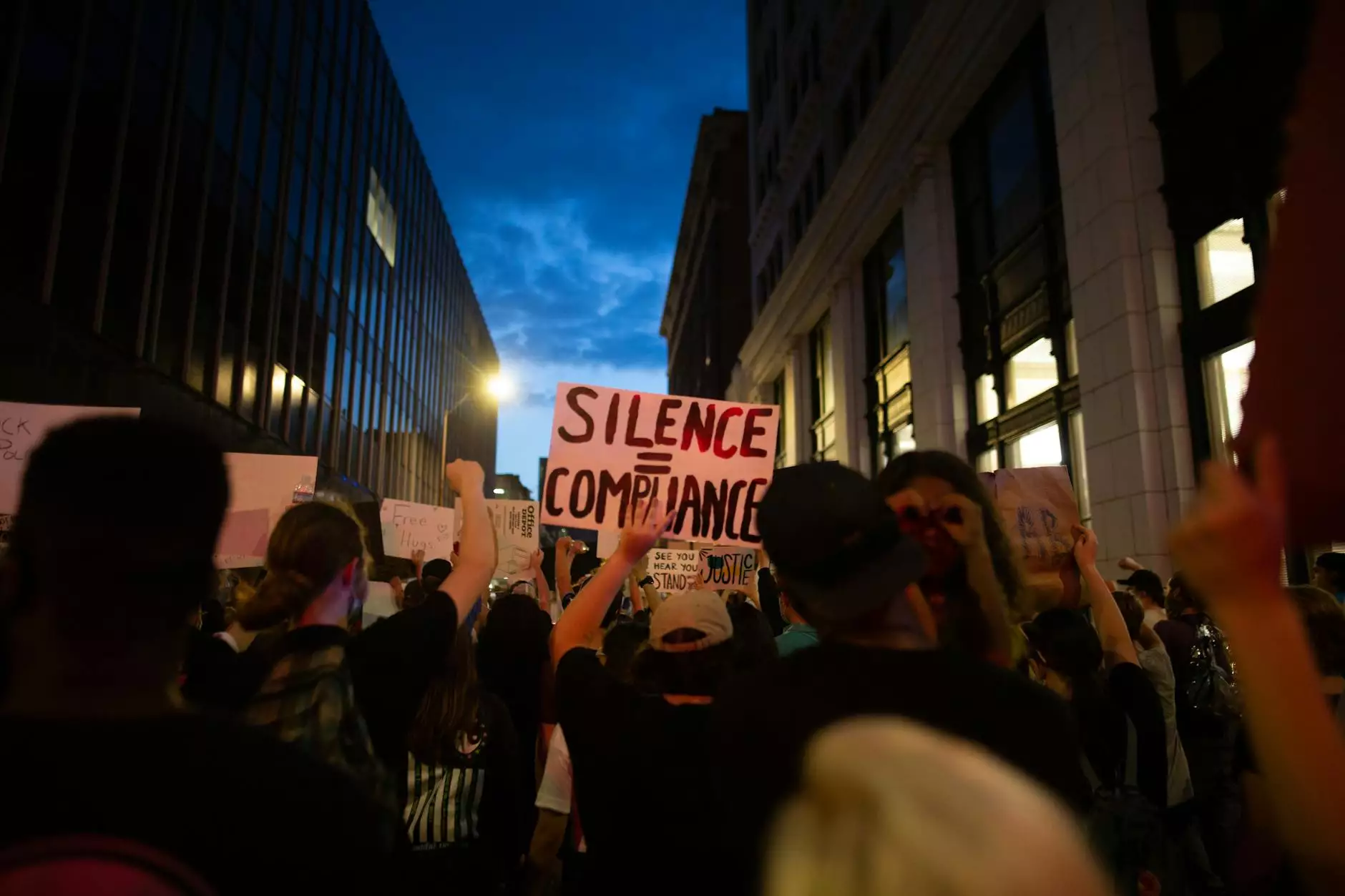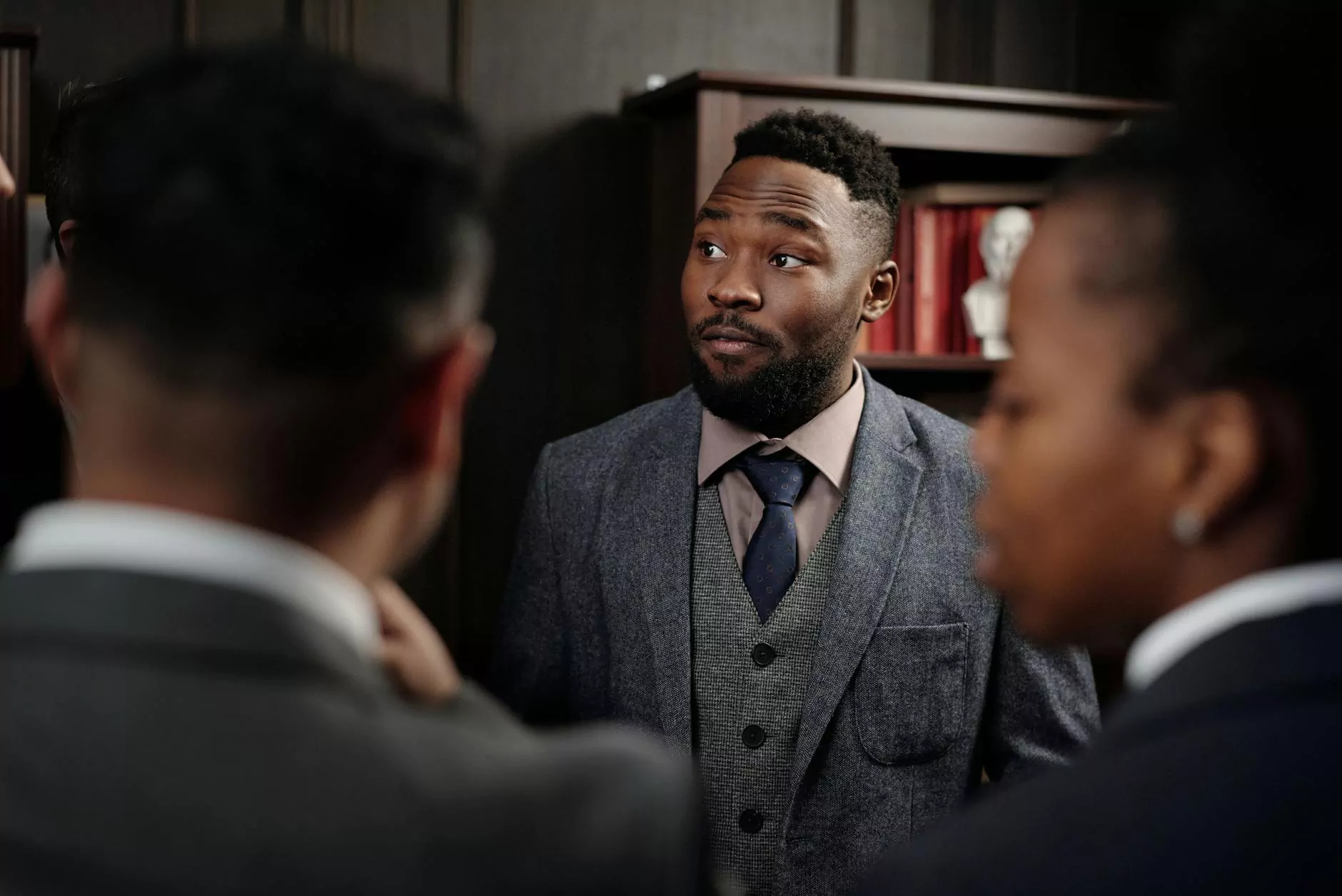Banning Foie Gras and the Commerce Clause
Legal
The Commerce Clause and Its Implications
The Commerce Clause in the United States Constitution has far-reaching implications for various aspects of commerce, including the controversial topic of foie gras. Foie gras, a delicacy made from the fattened liver of ducks or geese, has sparked debates regarding its production methods and potential animal cruelty. However, the legality of banning foie gras can be challenged based on the Commerce Clause.
The Commerce Clause and Interstate Trade
The Commerce Clause grants Congress the power to regulate commerce among the states. When it comes to foie gras, this clause becomes relevant because it addresses the trade and movement of the product across state lines. Any ban or restriction on foie gras must withstand scrutiny under the Commerce Clause, ensuring it does not violate the principles of interstate trade and commerce.
The Legal Controversy Surrounding Foie Gras
Foie gras production involves a specialized method known as force-feeding, where birds are fed through a process called gavage. Animal rights activists argue that this practice is inhumane and should be prohibited. Several states have already implemented laws to ban or restrict the sale and production of foie gras, while others continue to allow its trade.
The Impact of Banning Foie Gras
While the intent behind banning foie gras may be to protect animal welfare, it is crucial to consider the potential consequences of such actions. Proponents of the ban argue that it sends a strong message against animal cruelty and upholds ethical values. However, opponents raise concerns about the negative economic and cultural impacts, as well as potential legal challenges under the Commerce Clause.
Legal Challenges and Precedents
Legal challenges against foie gras bans have cited the Commerce Clause as a basis for striking down such legislation. Proponents of the ban argue that it is a matter of public health and welfare, while opponents assert that such laws infringe upon the rights of individual states to regulate their own commerce. This ongoing legal debate continues to shape the future of foie gras production and trade.
Expert Legal Advice on Foie Gras and Commerce
If you require professional legal advice regarding the banning of foie gras and how it relates to the Commerce Clause, Denaro Anthony D Atty is here to assist you. With a deep understanding of the legal intricacies surrounding commerce and legislation, our experienced attorneys can provide valuable guidance to individuals, businesses, and organizations navigating this complex issue.
Contact Denaro Anthony D Atty today to schedule a consultation and gain insights into the legal implications of foie gras banning within the framework of the Commerce Clause. Our dedicated team is committed to helping clients make informed decisions and achieve their legal objectives in the realm of law and government.










